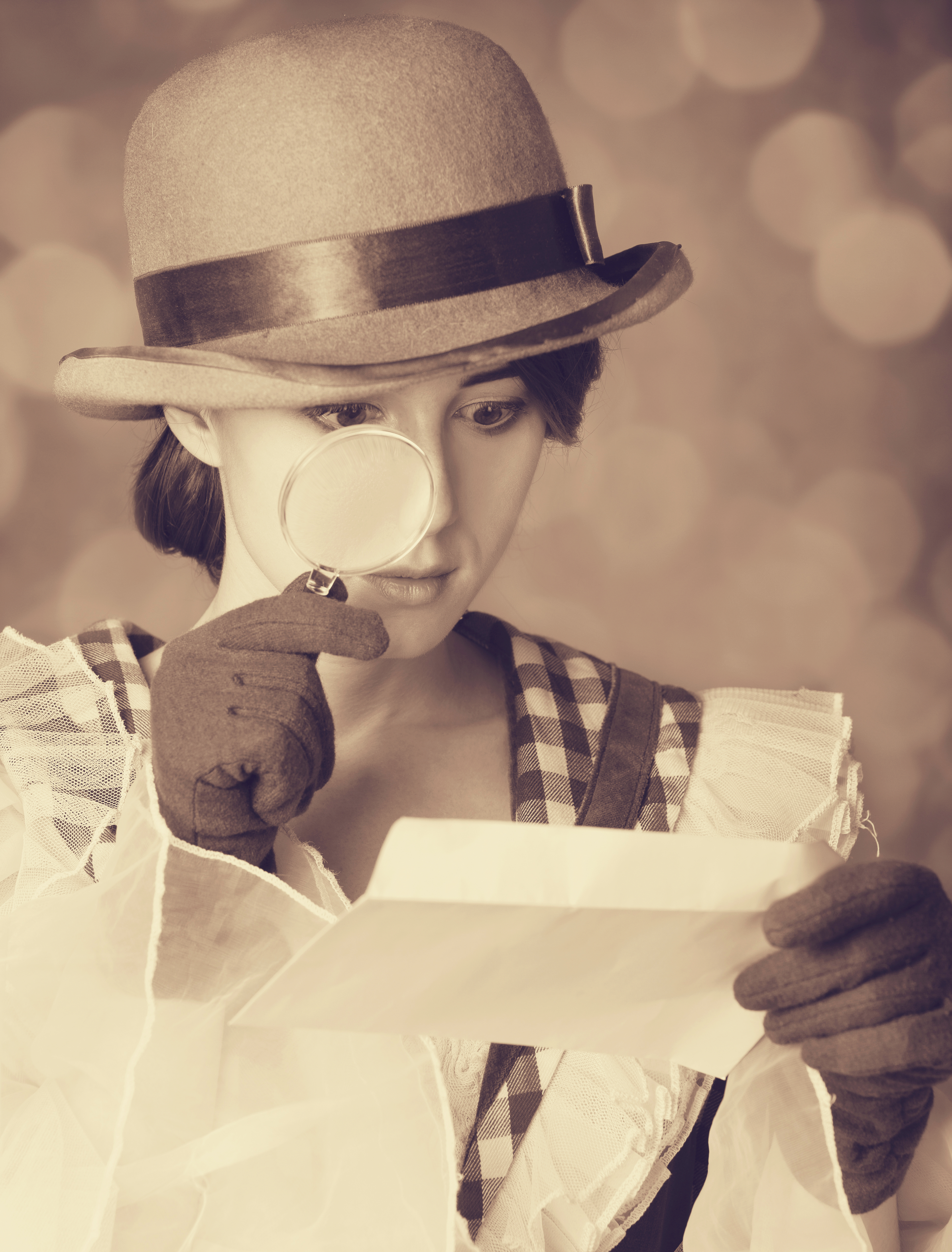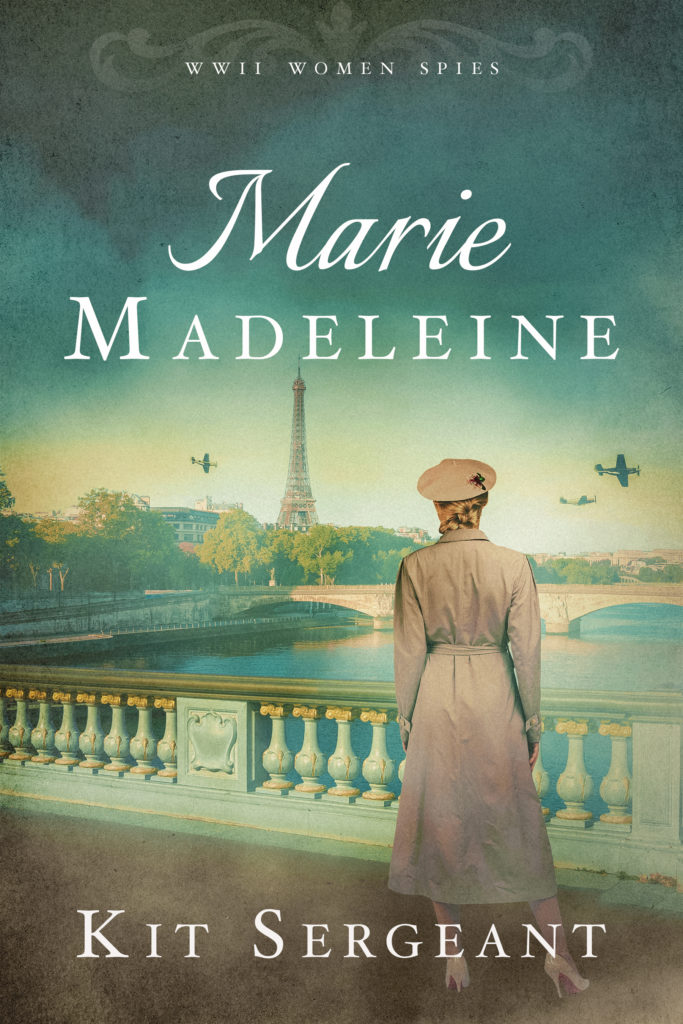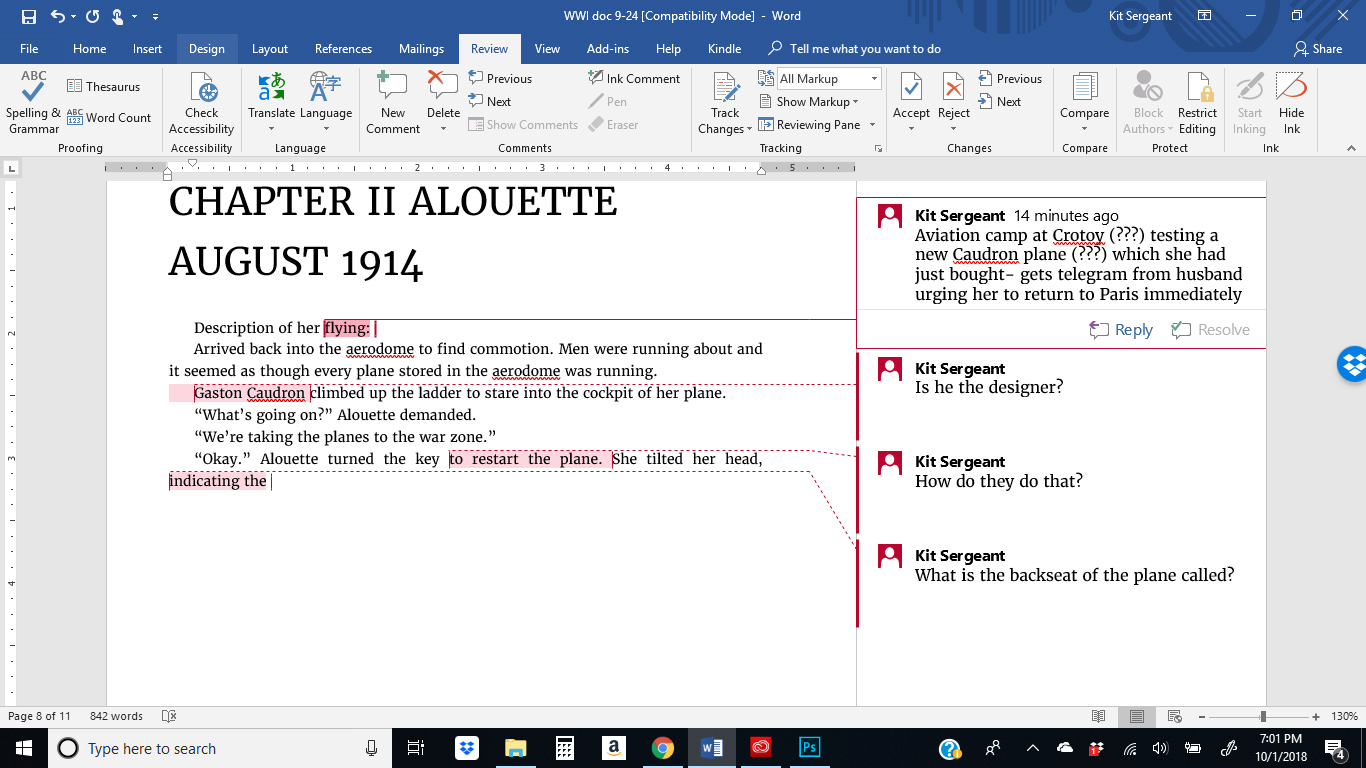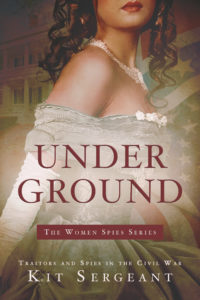
I’m excited to announce that I’m about settled on the women I’ll be focusing on for the third novel in my Women Spy Series. But the research was much more difficult then for the Revolutionary or Civil wars. Why? I think a lot of it has to do with the fact that spying was not a revered position. In the days before James Bond, spying was looked at as deceitful- something only a duplicitous individual would do. Many of the people who acted in secret to gain knowledge of troop movements or enemy plans never admitted to it after the war. Take Robert Townsend, for instance, one of the main characters in 355: The Women of Washington’s Spy Ring. He managed to keep his identity as Culper Jr., one of General Washington’s chief spies, secret for over 150 years! To this day, we still don’t know whom his counterpart, Abraham Woodhull, aka Culper Sr., referred to when he spoke of a 355 (lady) of his acquaintance who could “outwit them all.”
The autobiographies of self-proclaimed spies who operated during the Civil War, such as Belle Boyd, Loreta Velasquez, and Allan Pinkerton, are known to be fictionally enhanced, or, in the case of Loreta, mostly fabricated. A rash of them were published in the decade after the war and are still readily available today. Loreta freely admitted to publishing hers in order to seek money for her son and Belle’s came out soon after she admitted to being bankrupt. Allan Pinkerton went on to write a series of detective novels following the publication of his “true history” of the rebellion. Money was one factor in the race to publish spy memoirs, but I think I should also mention that women who were caught in the act during the Civil War got off rather lightly: although Belle, Loreta, and Hattie Lewis Lawton were jailed, they were never hung.
Women arrested during the First Great War were another matter, however, The most famous women secret agents—Mata Hari and Edith Cavill—were both shot by firing squads. It’s no wonder that many women were not forthcoming about the role they played in the war. Many of the autobiographies from that time period are now out of print, their authors long forgotten. I’m going to have to do some serious digging/ shelling out a lot of dough to get my hands on these books. Not to mention that two of my favorite contenders are both named Martha and another’s also begins with the letter M- I’m going to have to think hard about how to make their names less confusing for the reader.
Stay tuned for more information about women spies during World War 1!




